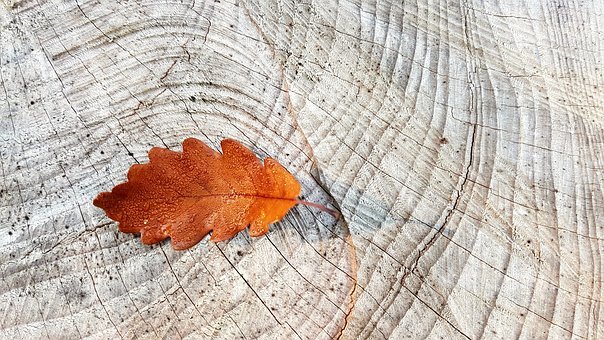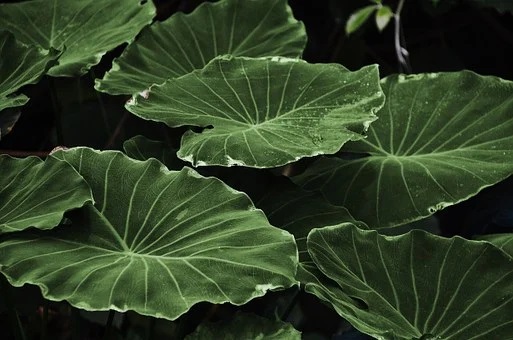In the first turning of the wheel of Dharma, the Buddha focused on the subjects in the outer preliminaries, suffering in samsara, infallible karma, etc., which are the four truths of Theravada Buddhism, not so much on emptiness; in the second turning of the wheel of Dharma, the Buddha also mentioned impermanence and suffering to some extent, but the heart of the teachings was emptiness; in the third turning of the wheel of Dharma, emptiness was no longer the most important, rather the luminous mind became the main topic the Buddha expounded.
~Depicted from GATEWAY TO VAJRAYANA PATH - Vajrayana Terminology











